Ocean Era CEO criticizes the federal permitting process
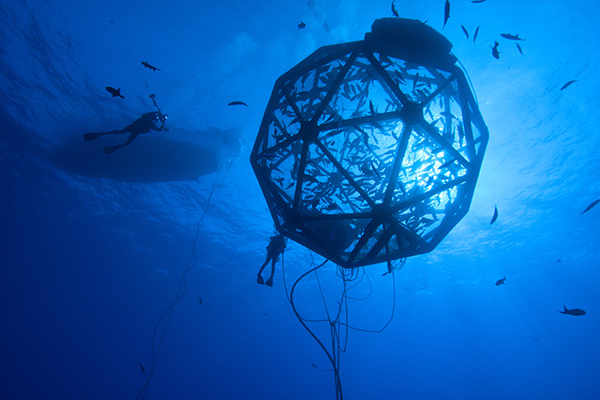
U.S. offshore aquaculture company Ocean Era announced earlier this week that its long-delayed Velella Epsilon Project has finally been issued the NPDES (National Pollutant Discharge Elimination System) permit from the U.S. Environmental Protection Agency’s Region 4 office.
While expressing gratitude to federal authorities involved in the review, Ocean Era CEO Neil Sims was critical of the process required to obtain a permit for a single cohort of fish in a small net pen 40 miles off the coast of Sarasota, Florida, USA, in the Gulf of Mexico. Ocean Era is based in Kona, Hawaii.
“It has been over four and a half years since we first began the permitting for this project, and the staff in EPA and other Federal agencies have been incredibly persistent, thorough and unswervingly objective in their analyses, throughout the process,” he said in a press release. “This one permit is for a single batch of no more than 20,000 fish, in one small net pen. That’s about one-tenth the size of a commercial-scale net pen, and perhaps only 1 percent the scale of a full commercial farm. Permitting for research, demonstration and development projects should not be this hard.”
Project lead Dennis Peters, who is based in Florida, said the company has remained patient. “One primary goal for this project is to help educate the community about the reality of offshore aquaculture – we want them to see, up front, that it’s just fish in the ocean. And we also want to demonstrate the potential benefits of offshore aquaculture to the fishing and boating communities of Florida. We think that they will learn to love it!”
Ocean Era reported previous successes with tests conducted in Kona, Hawai`i, and got special recognition in 2012 as one of TIME Magazine’s 25 Best Inventions of the Year. Sims added that those projects were popular with the local fishing community and dive-tour operators because they attract a wide range of wild fish, which like to congregate around the pens.
Sims noted that leading environmental groups are supportive of offshore aquaculture, given proper siting and operation standards: “This is an opportunity for the U.S. to truly lead. There is increasing recognition among academics and environmentalists that we need to be growing more of our own seafood here, in U.S. waters, where we have more control of environmental standards and food safety oversight. Offshore fish farming is one of the least impactful means of producing the animal protein that we need, to feed our planet, while minimizing the impacts of the global climate crisis. It is the environmentally responsible way forward; this is just one small, first step.”
Follow the Advocate on Twitter @GSA_Advocate
Now that you've reached the end of the article ...
… please consider supporting GSA’s mission to advance responsible seafood practices through education, advocacy and third-party assurances. The Advocate aims to document the evolution of responsible seafood practices and share the expansive knowledge of our vast network of contributors.
By becoming a Global Seafood Alliance member, you’re ensuring that all of the pre-competitive work we do through member benefits, resources and events can continue. Individual membership costs just $50 a year.
Not a GSA member? Join us.
Author
-
Responsible Seafood Advocate
[103,114,111,46,100,111,111,102,97,101,115,108,97,98,111,108,103,64,114,111,116,105,100,101]
Tagged With
Related Posts
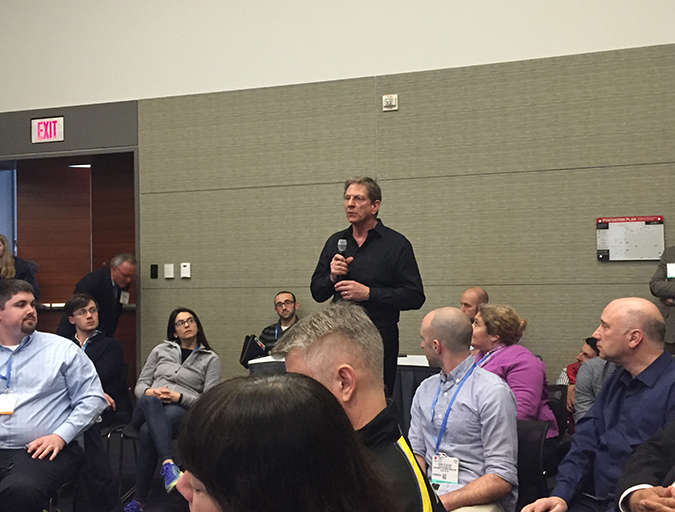
Intelligence
Boston brainstorm: Getting consumers to embrace aquaculture
In a discussion format somewhat unique to the bustling halls of Seafood Expo North America, aquaculture backers lamented the lackluster U.S. consumer acceptance for farmed fish.
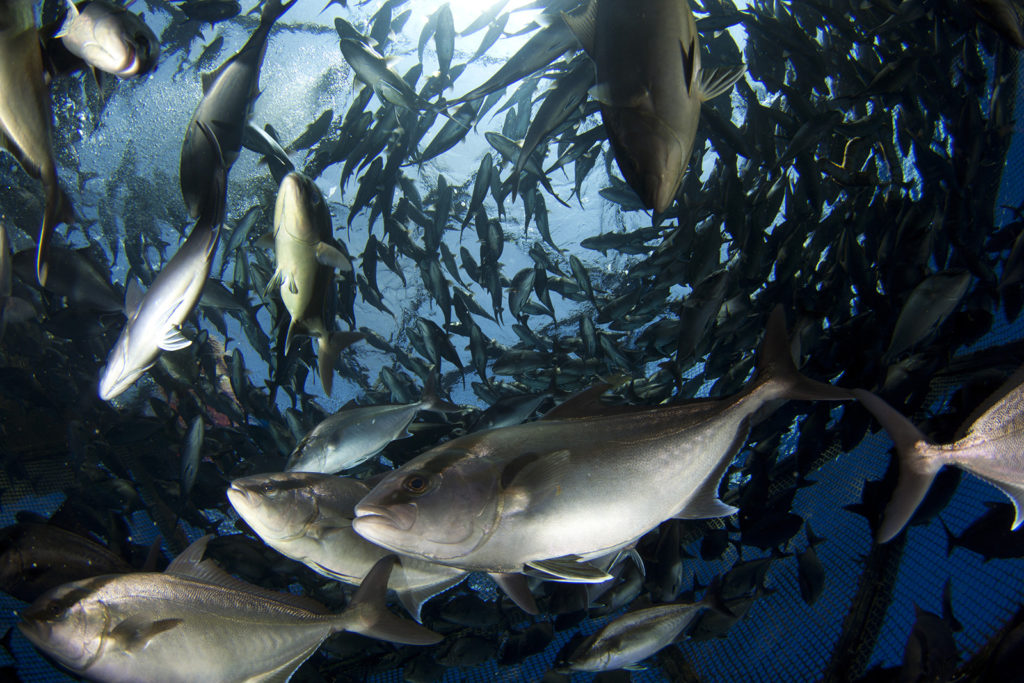
Innovation & Investment
Offshore aquaculture inches closer to reality in the Gulf of Mexico
New U.S. policies for offshore aquaculture permitting will soon be put to the test in the Gulf of Mexico. With imported products dominating the U.S. seafood landscape, some argue the time has come for the industry to take a leap forward.
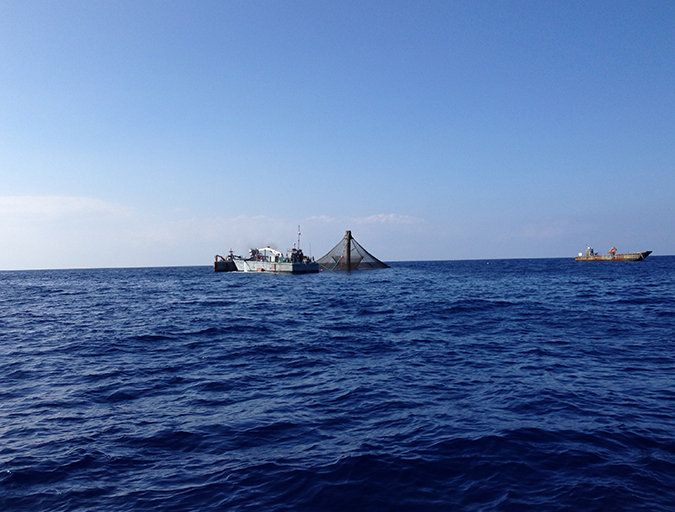
Intelligence
‘Spatiotemporal patterns’ indicate improving perceptions of aquaculture
A study led by University of California Santa Barbara researchers has found that public sentiment toward aquaculture improves over time, a potentially important development with growing interest in offshore aquaculture.
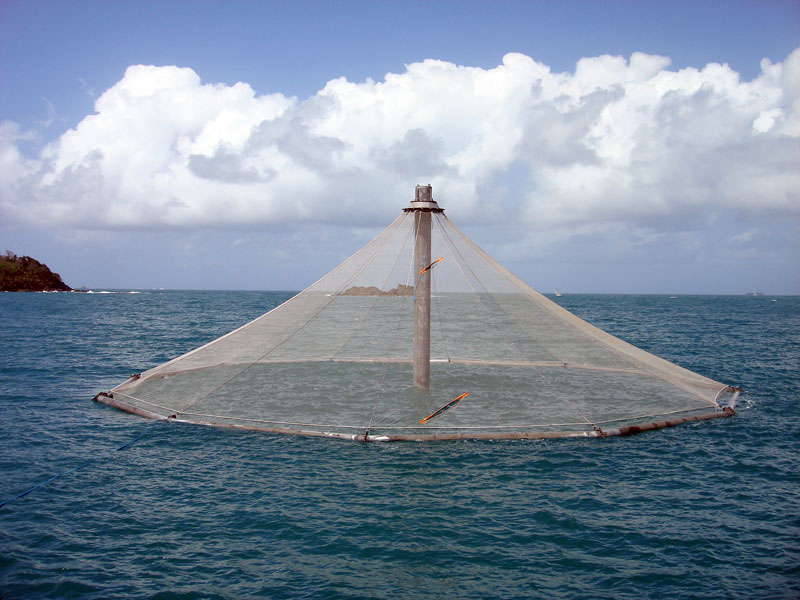
Responsibility
Do you know offshore aquaculture when you see it?
Researchers have determined that a definition of “offshore aquaculture” was necessary to critically assess the impacts and benefits of moving fish farming operations “slightly farther and slightly deeper” out to sea.



